It can be said that if you don't drink tea properly, it won't have a health-enhancing effect and may even cause adverse effects such as stomach cold, diarrhea, and insomnia. What are the considerations for drinking tea in spring? How can we drink tea healthily?
1. Do not drink the first brew of tea
Tea leaves can be contaminated by pesticides and other harmful substances during cultivation and processing, and there will always be a certain degree of pesticide residue on the surface of tea leaves. The first brew of tea is used to rinse the tea and should be discarded.
2. Do not drink new tea
From a nutritional perspective, the nutrients in new tea leaves are not the best.
New tea refers to tea leaves that have been picked for less than a month. These tea leaves have not been placed for a period of time and may contain substances that are harmful to the body, such as polyphenols, alcohols, and aldehydes. They have not been fully oxidized and may cause discomfort such as diarrhea, bloating, and stomach irritation.
3. Do not drink strong tea
Drinking strong tea can make people more excited and have a certain impact on the nervous system and cardiovascular system. Patients with cardiovascular diseases, insomnia, and hypoglycemia should avoid drinking strong tea. If consumed, it can lead to rapid heartbeat, irregular heartbeat, insomnia, and other conditions.
4. Do not drink tea before meals
Drinking tea in large quantities or drinking strong tea before and during meals can affect the absorption of calcium, iron, zinc, and other nutrients.
Do not drink tea while consuming milk and other dairy products. The caffeine and tannic acid in tea can combine with the calcium elements in dairy products to form insoluble calcium salts, which are then excreted from the body, greatly reducing the nutritional value of dairy products.
5. Do not drink overnight tea
Overnight tea contains a large amount of caffeine, which may have a negative effect on calcium loss.
6. Do not drink tea after drinking alcohol
Many people have the habit of drinking tea after drinking alcohol because tea can relieve the effects of alcohol. However, this is not a good habit. After drinking alcohol, ethanol in the alcohol enters the bloodstream through the gastrointestinal tract, then converts to acetaldehyde in the liver, and acetaldehyde further breaks down into carbon dioxide and water for excretion. If tea is consumed after drinking alcohol, the caffeine in tea can quickly have a diuretic effect on the kidneys, promoting the premature entry of undecomposed acetaldehyde into the kidneys, which can irritate the kidneys.


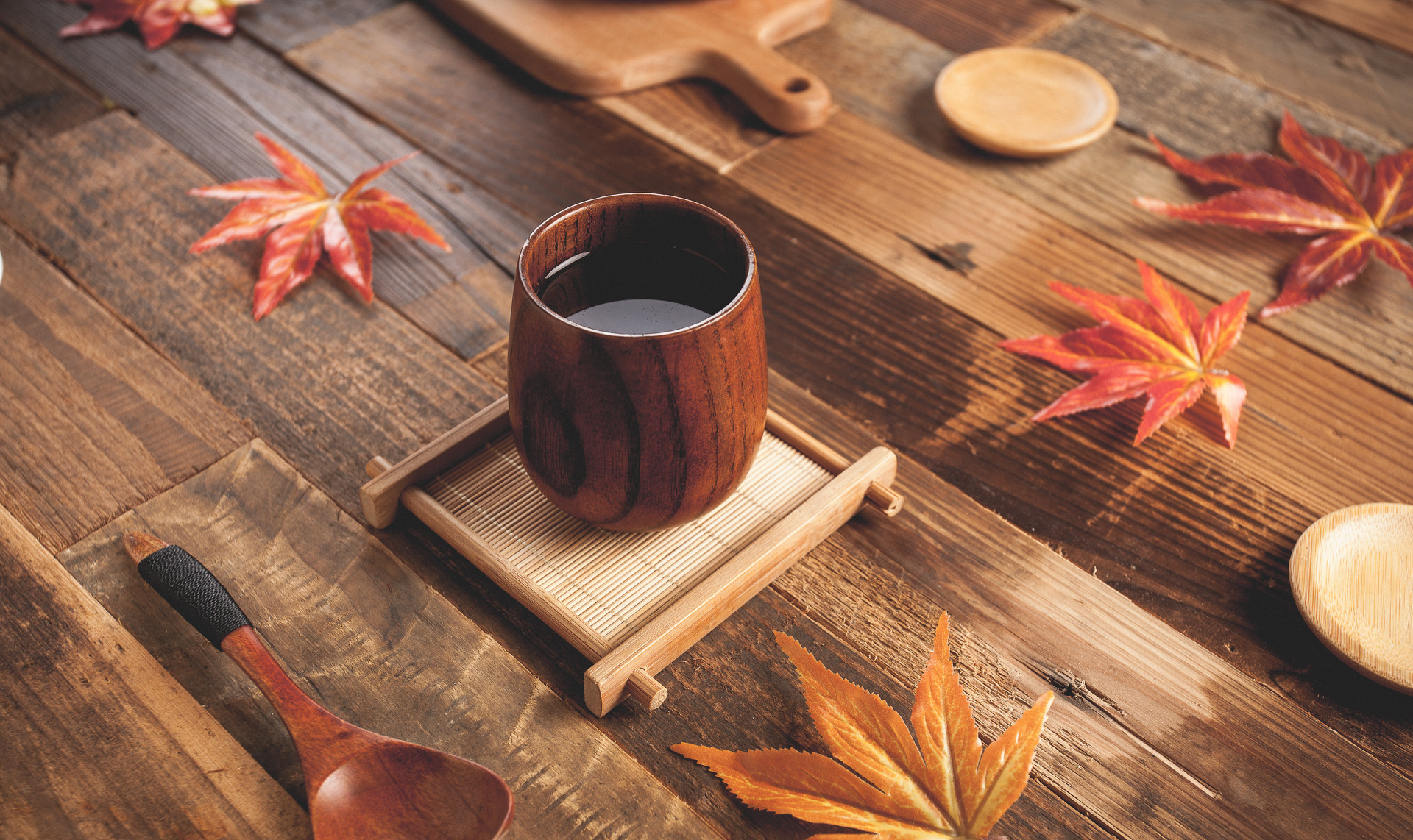


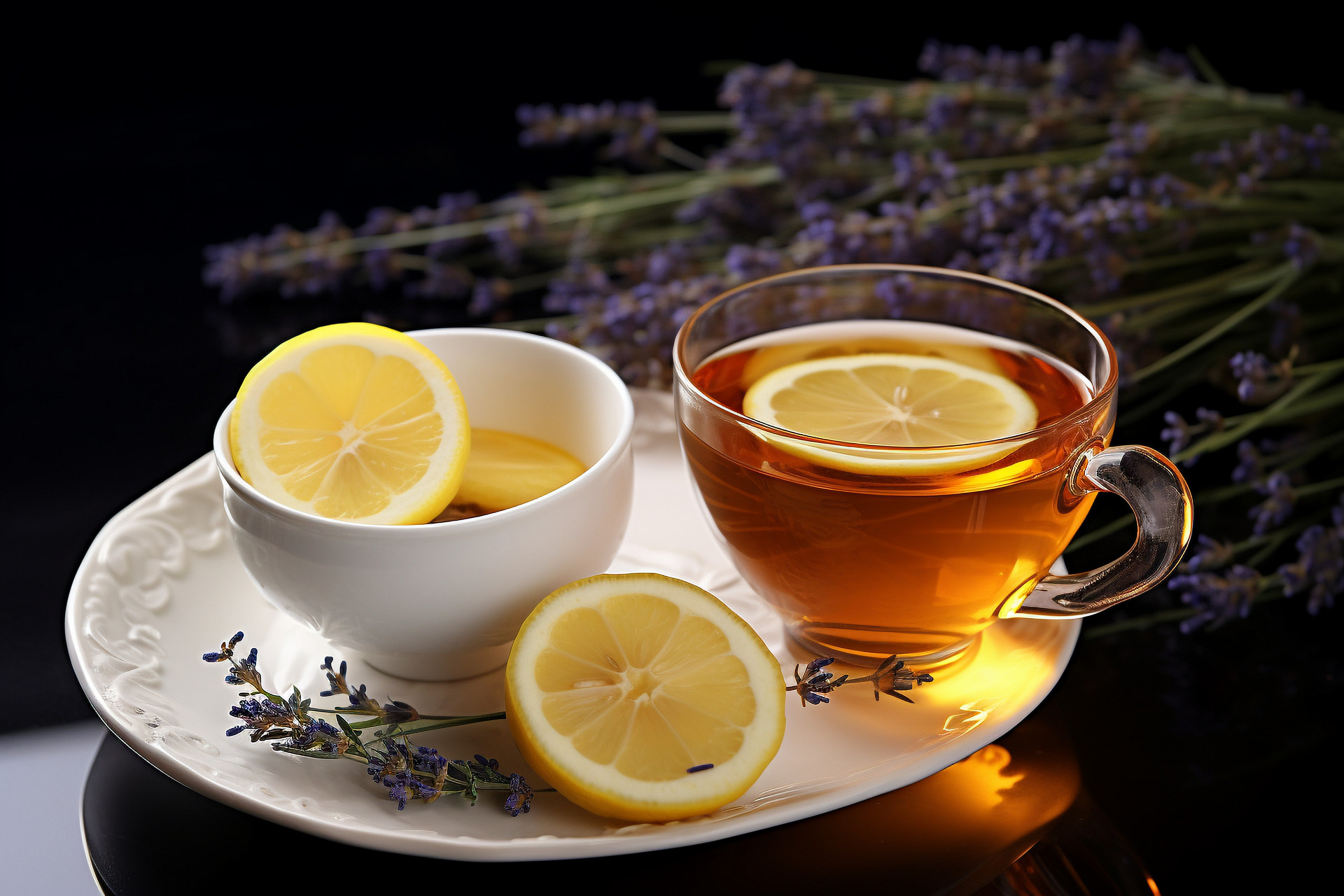
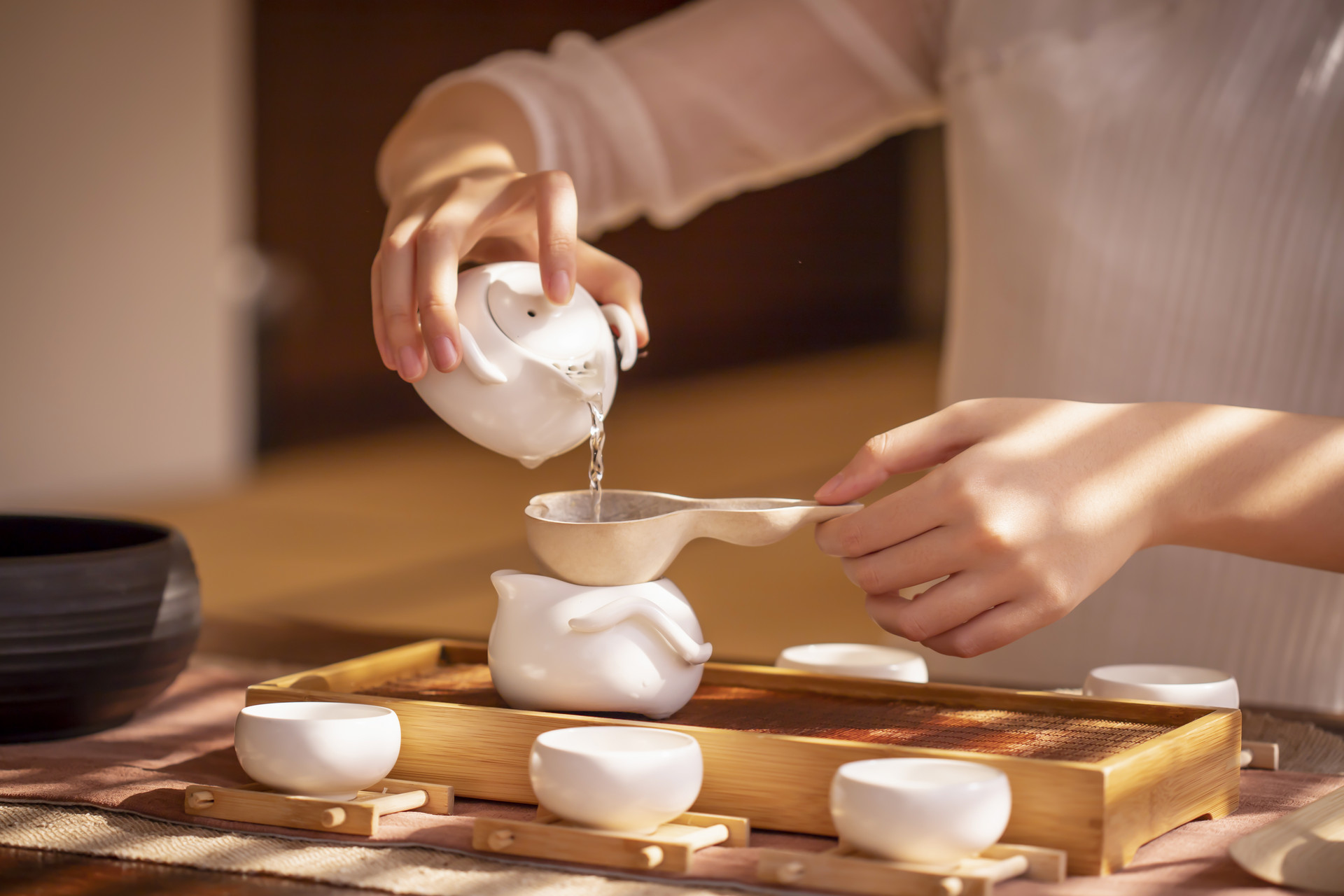

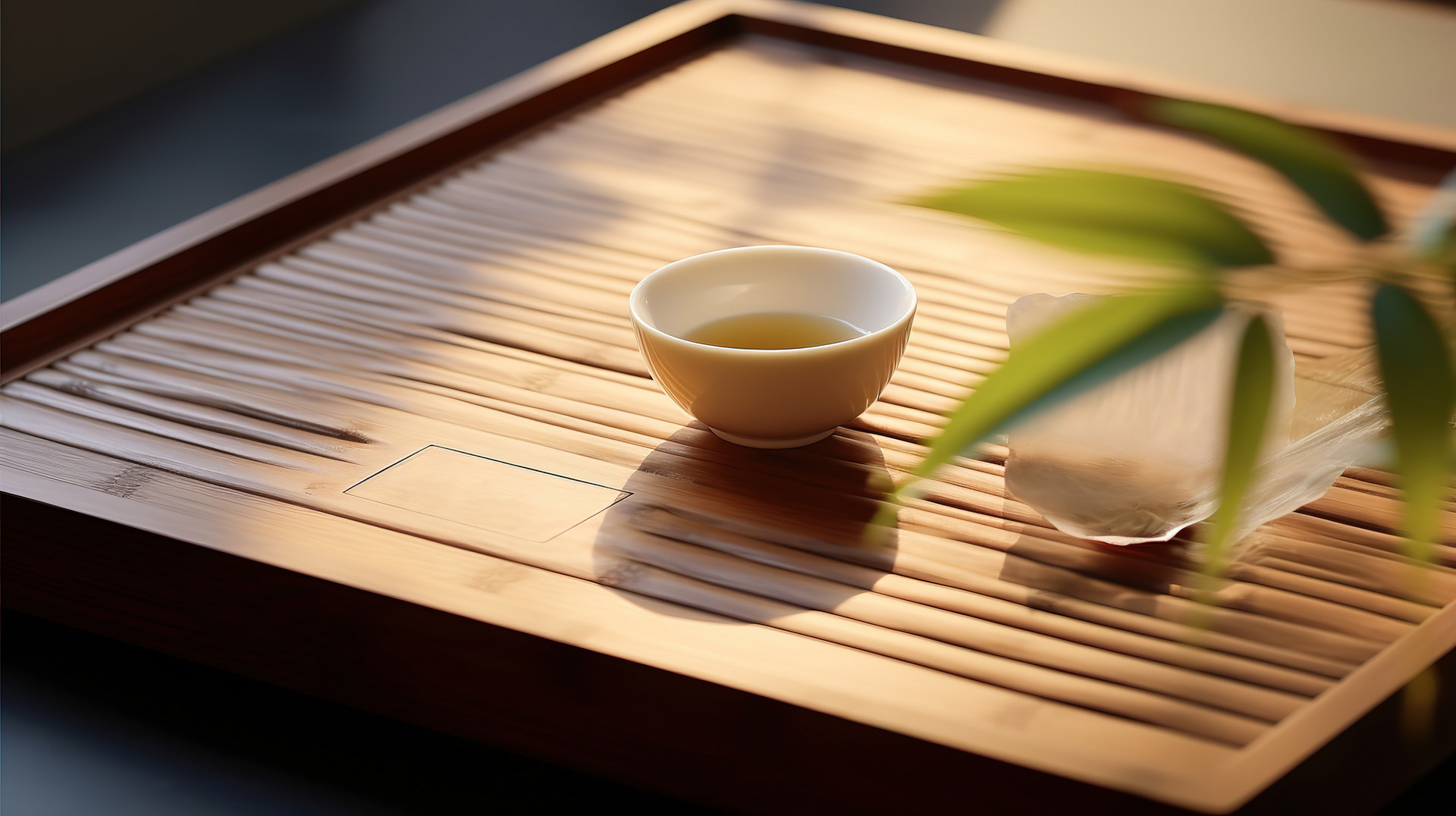
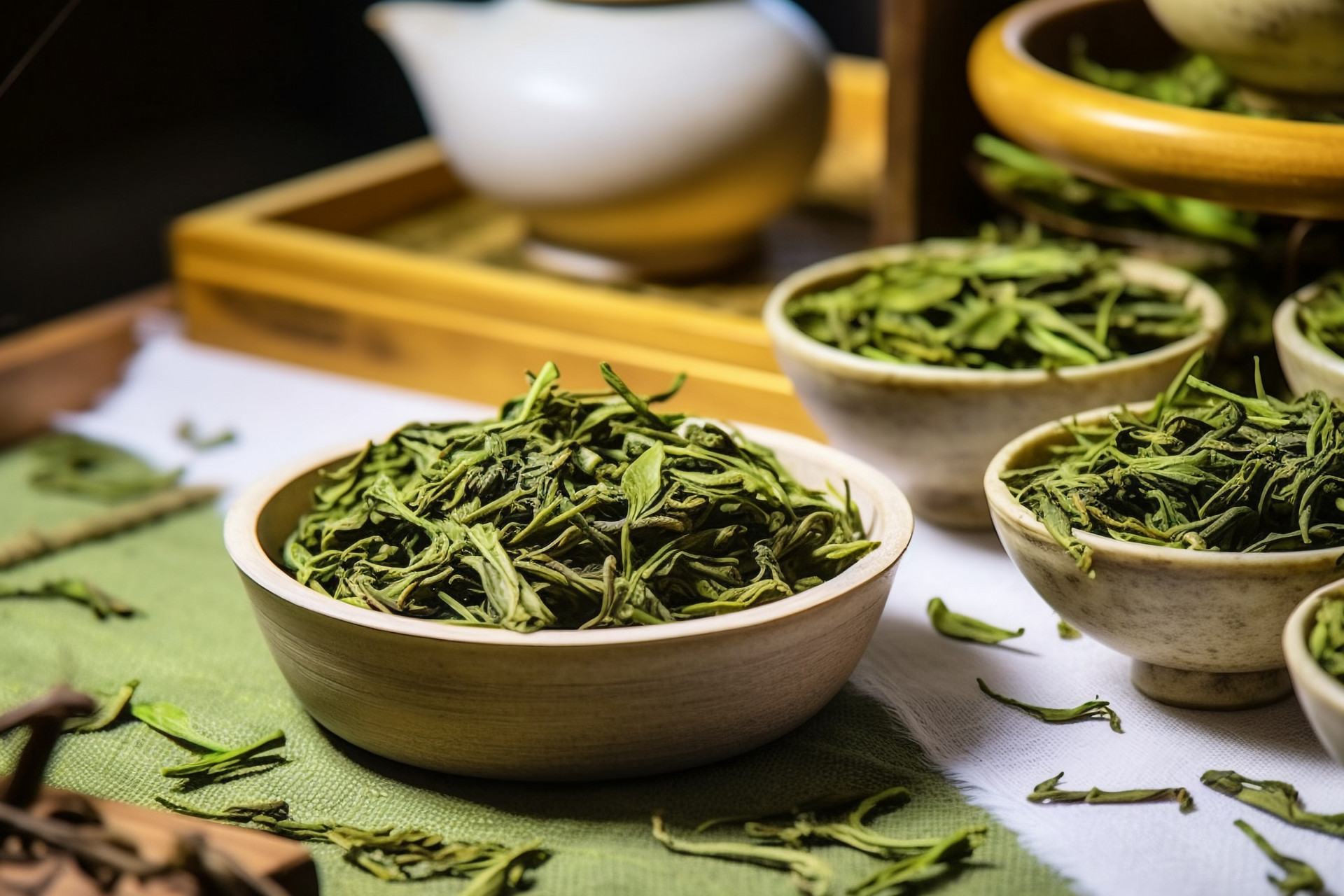
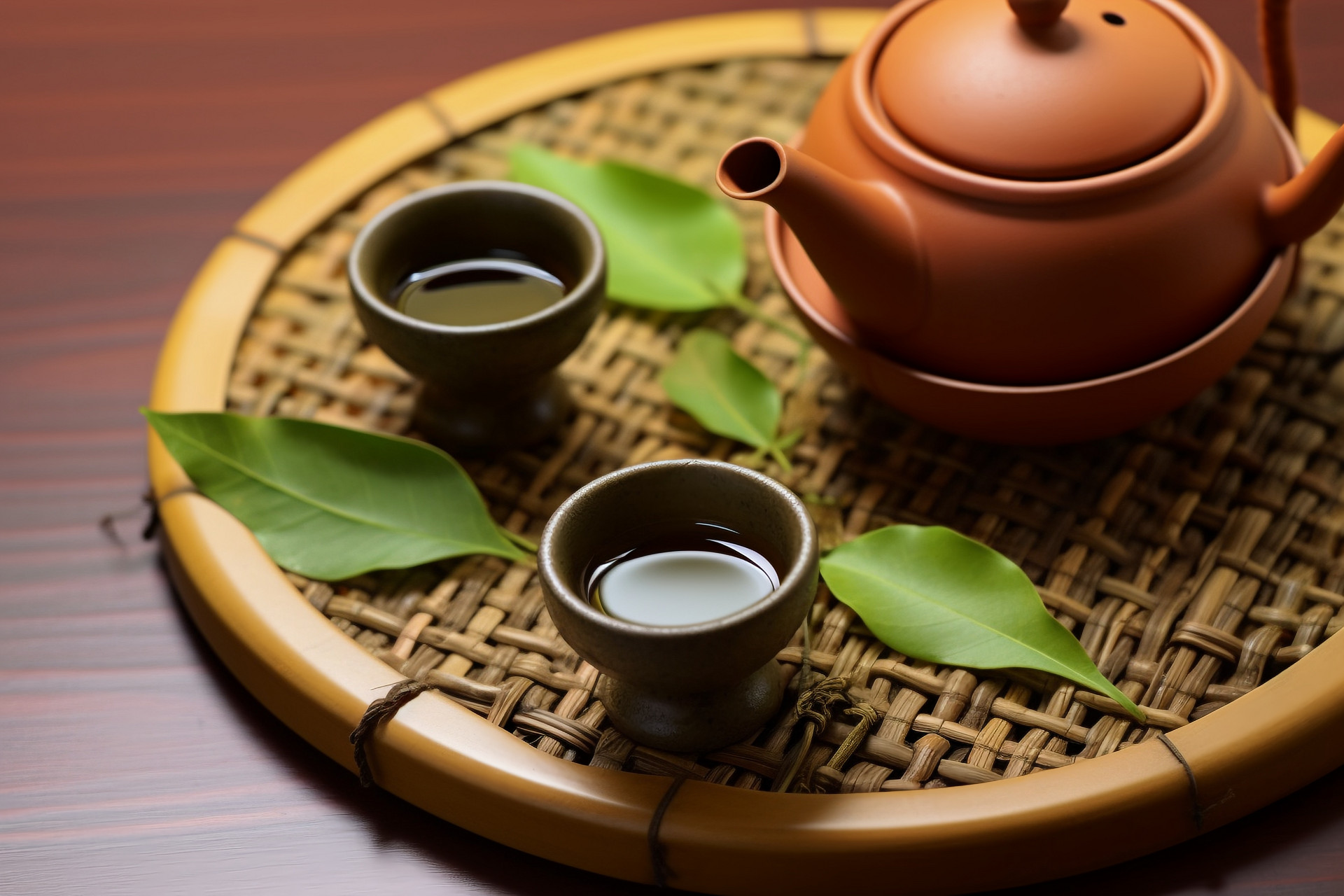
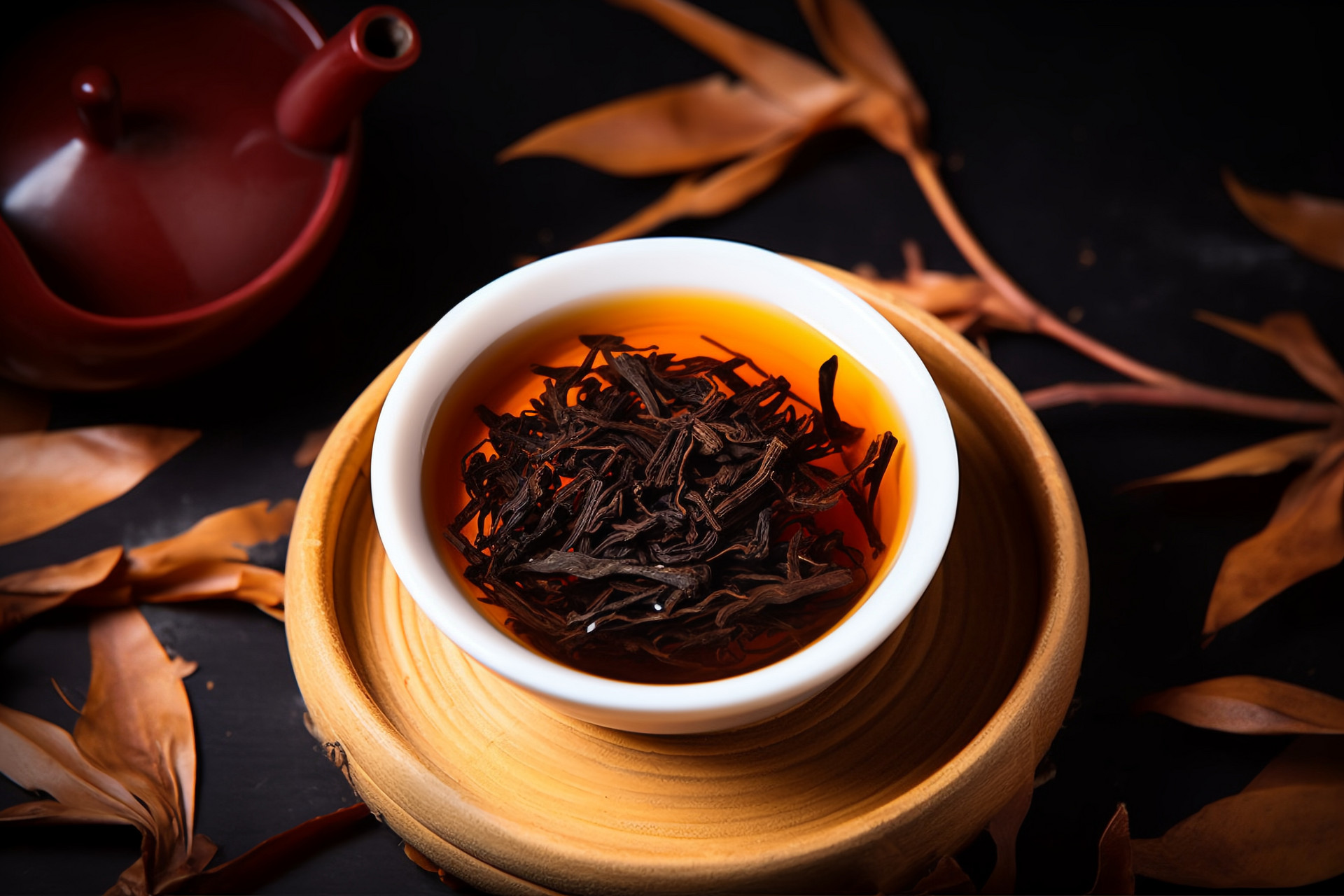
![[Herbal Wine Recipes for Health and Beauty]](https://tcmmaintenance.com/uploads/20240715/7241f6b6eafdaed88c28b26a37213964.jpg)